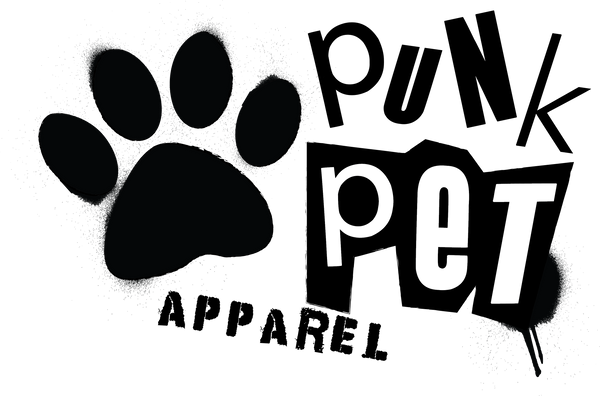
For generations, rawhide has been a go-to treat for dog owners looking to satisfy their furry companions' chewing instincts. Marketed as a dental aid and a source of entertainment, rawhide has become a staple in many households. However, beneath its popular appeal lies a potentially hazardous truth that every pet owner should be aware of. In this blog, we'll explore the hidden dangers of rawhide for dogs and why alternative chew options may be a safer choice.
Digestibility Concerns
One of the primary concerns with rawhide is its digestibility—or lack thereof. Rawhide is made from the inner layer of cow or horse hides, which undergo a process of cleaning, bleaching, and shaping before reaching pet store shelves. While manufacturers claim that rawhide is a natural and easily digestible treat, many veterinarians argue otherwise.
When dogs chew on rawhide, it softens and becomes slimy. In some cases, this can lead to large chunks breaking off and being swallowed whole, posing a significant risk of choking or intestinal blockage. The digestive system of dogs is not equipped to handle such large, undigestible pieces, which can result in severe consequences, including surgery to remove the blockage and even death.
Chemical Additives and Contamination
Beyond digestibility concerns, another issue associated with rawhide is the use of potentially harmful chemicals during processing. Manufacturers often use bleach, formaldehyde, and other chemicals to clean and preserve rawhide. These substances may leave residues on the final product, which can be ingested by dogs during chewing.
Furthermore, the source of the hides used in rawhide production can be a cause for concern. Some rawhide products have been found to be contaminated with toxic substances such as lead or arsenic, posing a serious threat to a dog's health. Responsible pet owners should be cautious about the origin and processing methods of rawhide treats to ensure the safety of their furry friends.
Risk of Bacterial Contamination
Rawhide, being an animal product, is susceptible to bacterial contamination. The moisture content in rawhide creates an ideal environment for bacteria to thrive, including Salmonella and E. coli. Dogs that chew on contaminated rawhide may be at risk of bacterial infections, which can manifest as digestive issues, lethargy, and other health problems.
Safer Alternatives
With the potential dangers associated with rawhide, many pet owners are seeking safer alternatives to satisfy their dogs' chewing needs. Natural options like bully sticks, antlers, and specially designed dental chews provide a safer and more digestible alternative to rawhide. These alternatives not only offer entertainment and dental benefits but also minimize the risks associated with choking, blockages, and chemical exposure.
While rawhide has long been a popular choice for dog owners seeking to keep their pets entertained, the hidden dangers associated with this seemingly harmless treat cannot be ignored. As responsible pet owners, it's crucial to be aware of these dangers and opt for safer alternatives that prioritize the well-being of our beloved furry companions. By making informed choices about the treats we offer our dogs, we can ensure their happiness and health for years to come.
